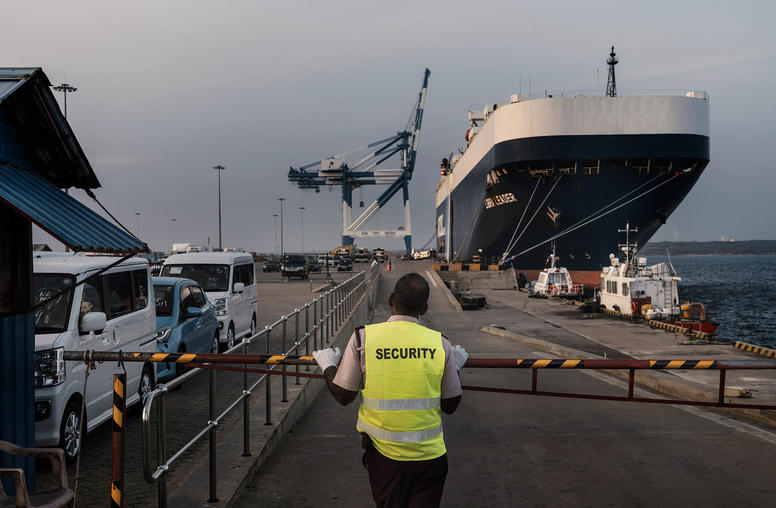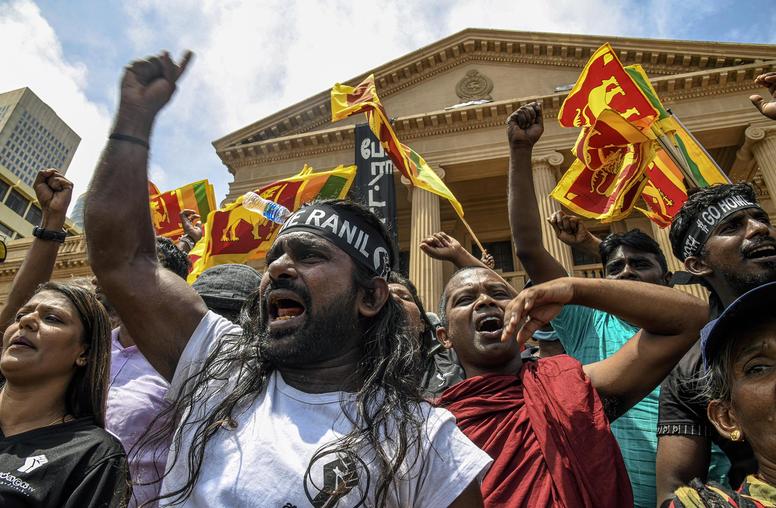In the Footsteps of Gandhi: Creating a Culture of Inter-Religious Peace in Sri Lanka
For over two decades, Sri Lanka has been beset with a civil war fought between government forces and a minority insurgent group, the Liberation Tigers of Tamil Eelam (LTTE), which seeks an independent Tamil state on the island country. Although rooted mainly in ethnic, linguistic, and political differences, religion has also come to play a role in the identity-dynamics shaping the conflict and its beleaguered peace process. Elements of the majority Sinhala Buddhist population in Sri Lanka argue against peace with the Tamils, who are predominantly Hindu, in defense of Buddhism. Meanwhile, the minority Muslim population, composing Sri Lanka's third major ethnic group, is often caught in the cross-fire of war, and the Christian minority population has been accused of unethical conversion practices and targeted violently.
In the midst of this turmoil, the Sarvodaya Movement works across ethnic and religious lines of divide to encourage a culture of nonviolence, reconciliation, human rights, and sustainable development. Founded in 1958, Sarvodaya is based on Gandhian and Buddhist philosophy of development and peace. The Movement, which has a presence throughout the country and is Sri Lanka's largest non-governmental organization, seeks to empower the grassroots community through combating poverty, and to encourage an end to conflict by nurturing a multi-ethnic and multi-religious Sri Lankan identity.
Speakers
- Dr. A. T. Ariyaratne
Founder of the Sarvodaya Shramadana Movement of Sri Lanka - Dr. Marc Gopin, Discussant
Center for World Religions, Diplomacy and Conflict Resolution at George Mason University - Susan Hayward, Moderator
U.S. Institute of Peace



